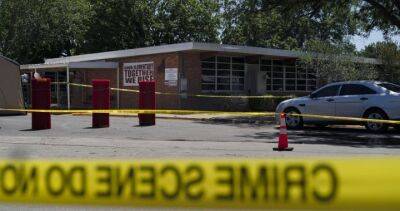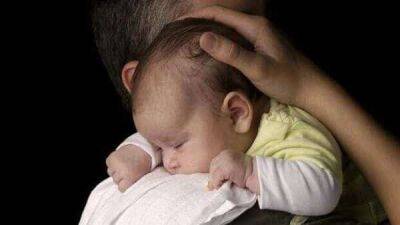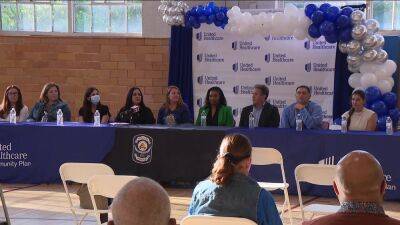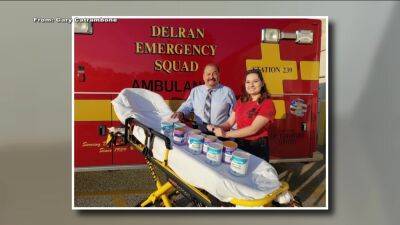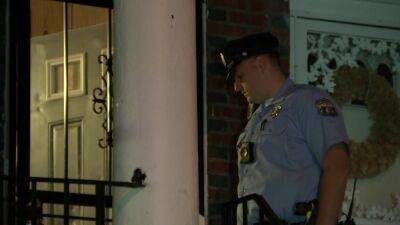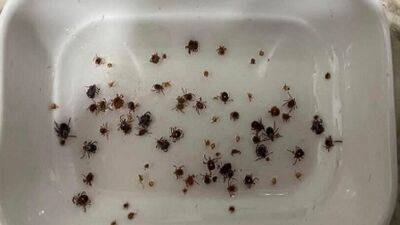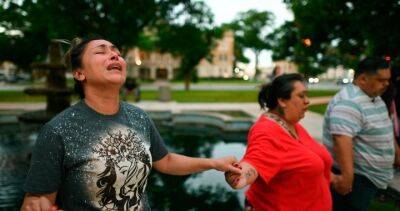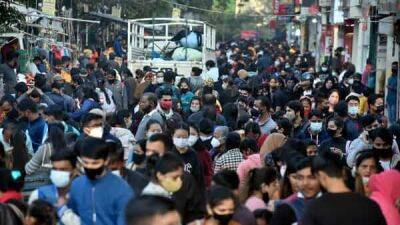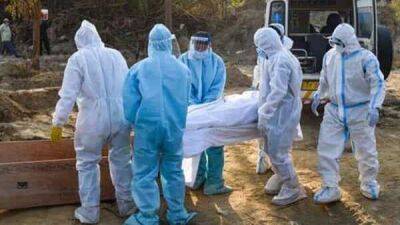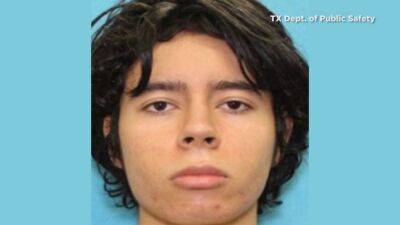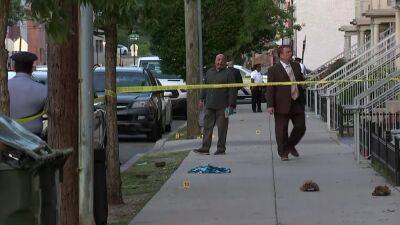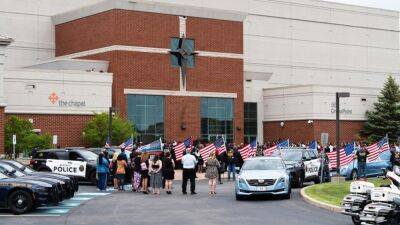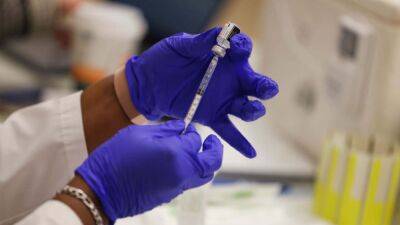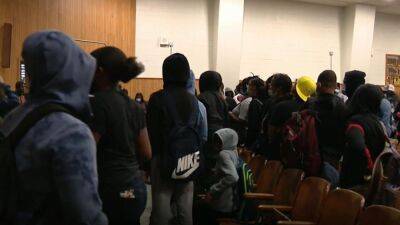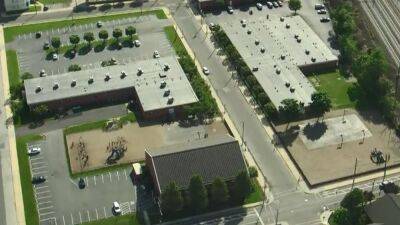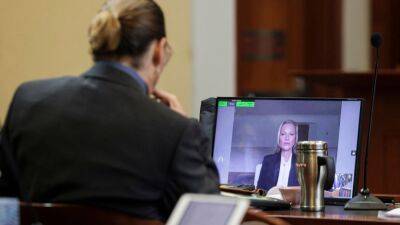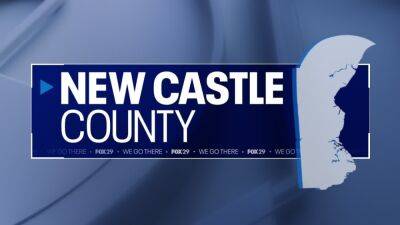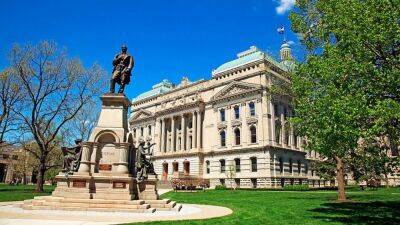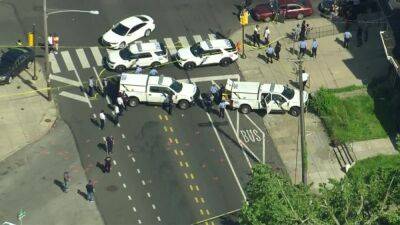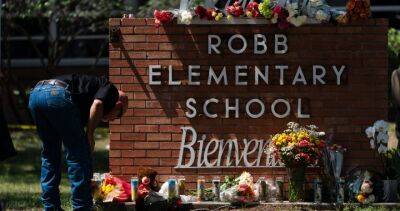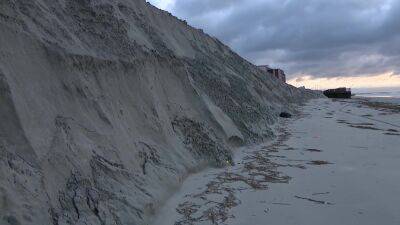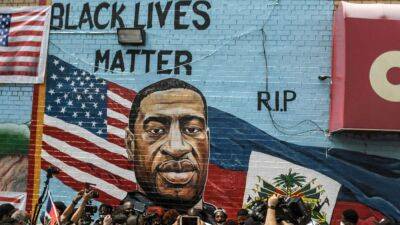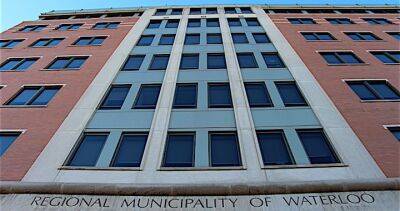Alberta patients, advocates call for increased access to COVID-19 antiviral Paxlovid
COVID-19 for the past two years.In late 2021, he was diagnosed with an autoimmune disorder requiring immune-suppressing prescription drugs.In mid-2020, he had his gallbladder removed for a mass that turned out to be not cancerous.That surgery came less than a year after he started treatment for thyroid cancer.
Alberta hospitals under ‘significant pressures’ as 6th COVID-19 wave wears on And in May 2018, he was diagnosed with stage 3 lymphoma.Fear of catching COVID-19 was very real for Lindsey and his family.“My family obviously has been on pins and needles because they don’t want to bring something home – they don’t want to get me sick,” the Cochrane, Alta., father said.“They don’t want to bring that into the house cause they’re like, they’ll be fine, but they don’t want me to go through any more sickness.”Reanne Booker, president of Canadian Association of Nurses in Oncology and Calgary oncology and a palliative care nurse practitioner, said COVID-19 presents a significant threat for cancer patients.“The case fatality rate in the general population is in the neighbourhood of 1 to 2 per cent.
But the fatality rate for somebody with cancer, if they were to get COVID 19, is in the neighbourhood of 25 per cent-plus,” she said.“So we’re seeing significantly worse outcomes potentially in patients with cancer.”Even though Lindsey has had a full course of vaccination and a booster shot, the chances he would end up in hospital from a COVID-19 infection were very real for the immunocompromised Albertan.
COVID-19 outbreaks hit long-term care facilities in Calgary as 4th dose campaign underway “It’s been a rollercoaster, emotionally,” he said.And then 10 days before Lindsey was due to receive a fourth dose of vaccination, he.
Read more on globalnews.ca
